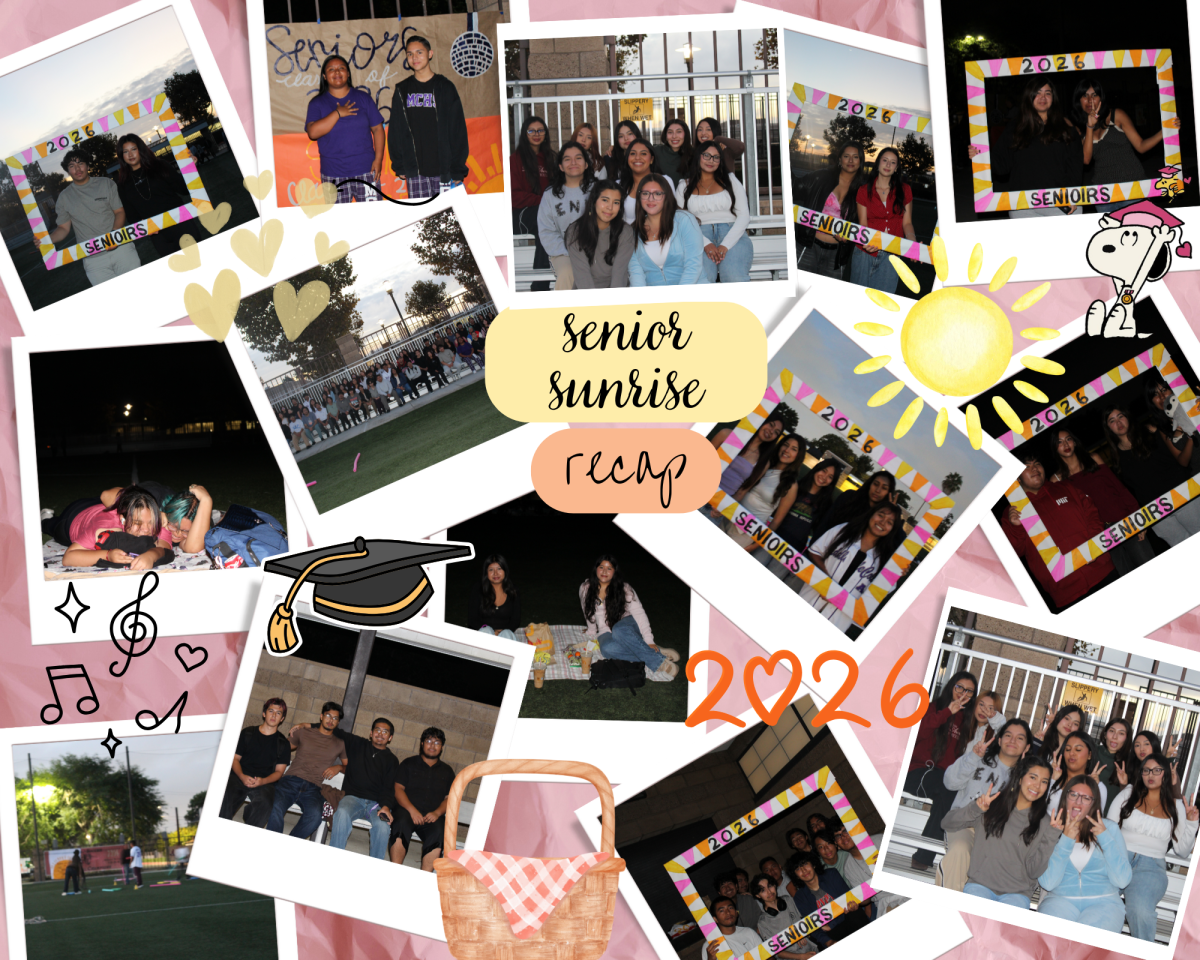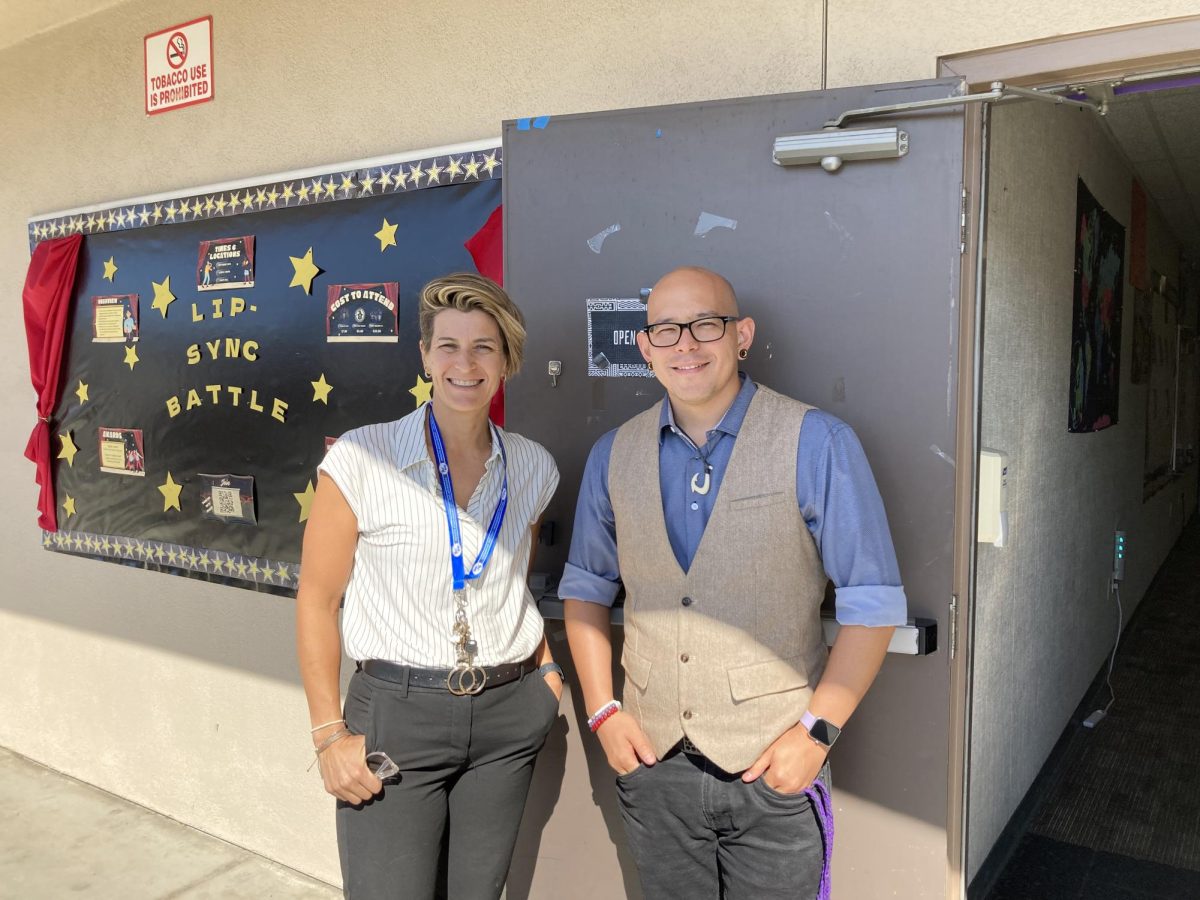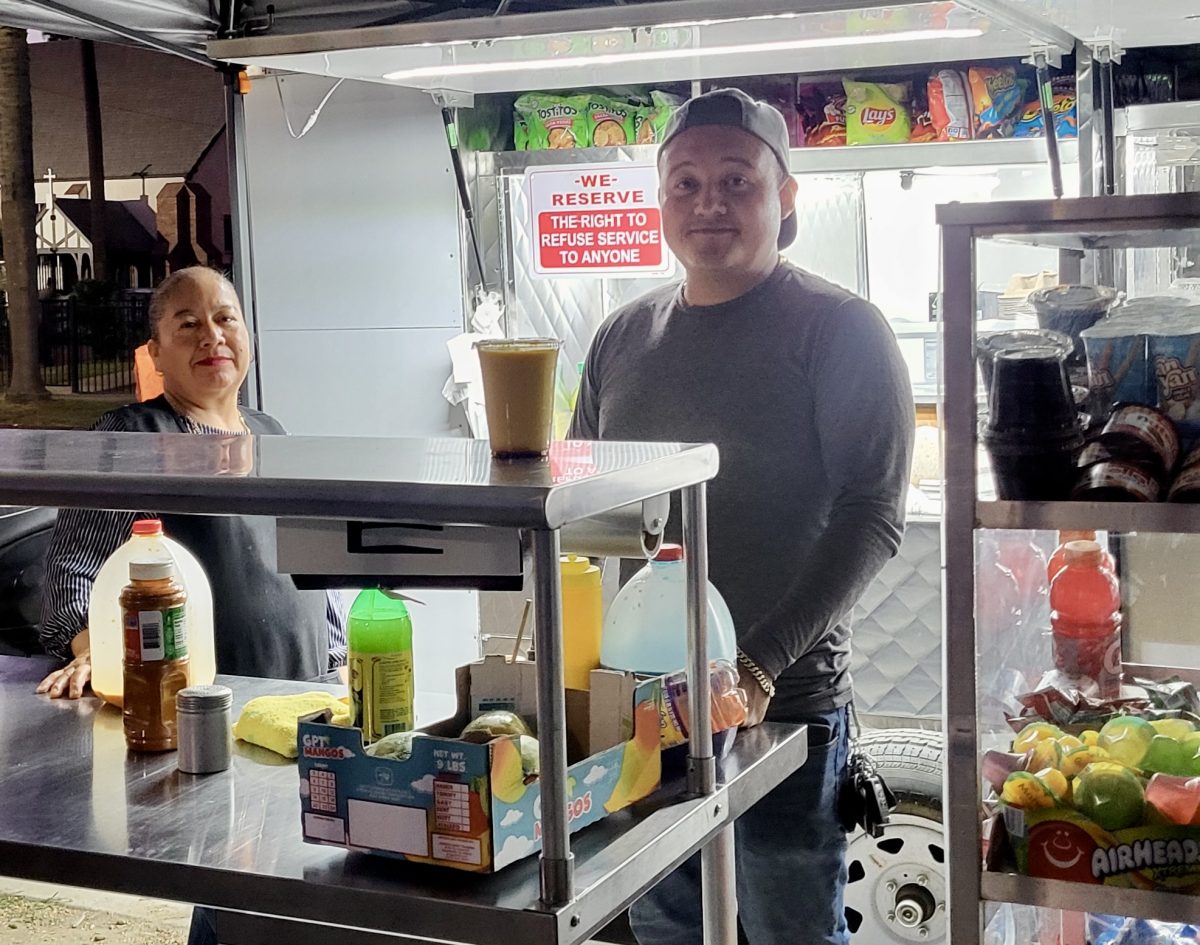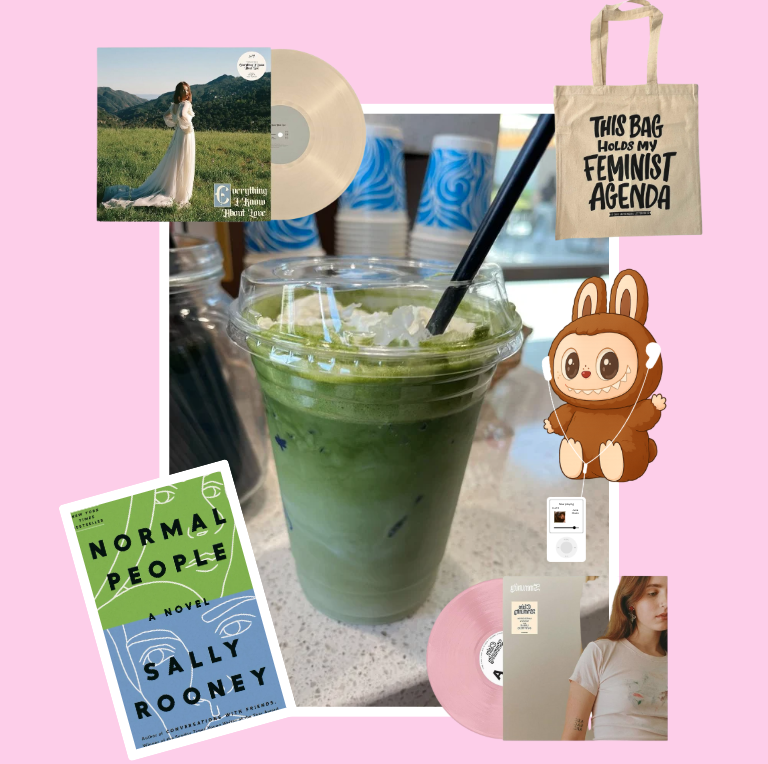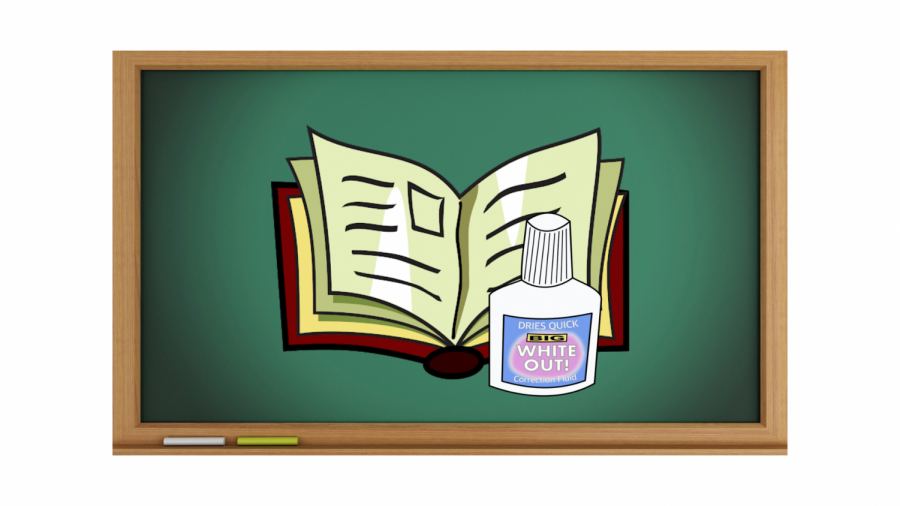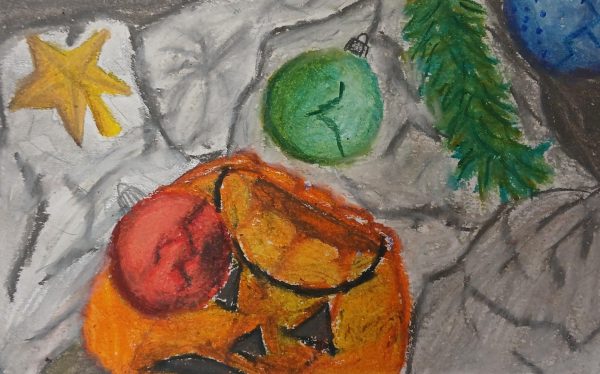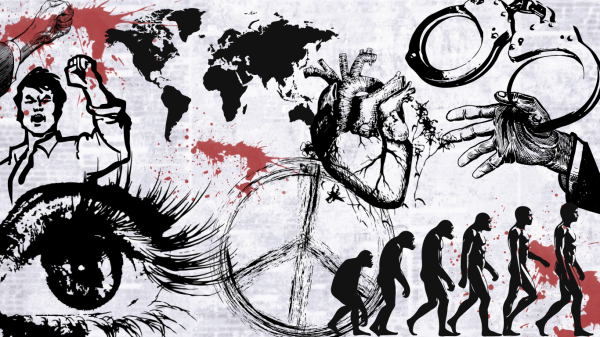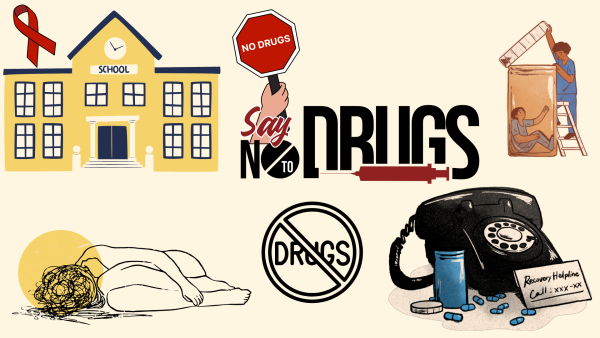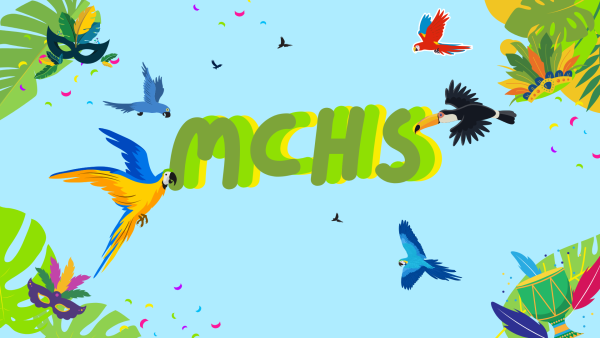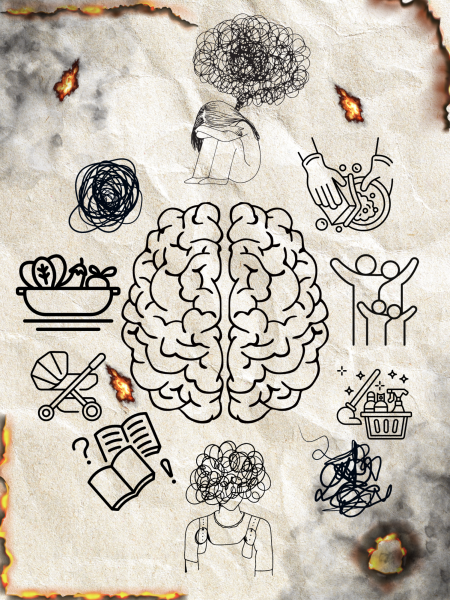Muted atrocities: Stop whitewashing our education
Created by Jazmin Chavira using Canva
“Muted atrocities: Stop whitewashing our education: Racism is deeply embedded in American society and our education is no exception.
Most people in the United States do not know the true history of the United States.
And it’s on purpose.
Many resources and information have been shared on social media platforms such as Twitter, Instagram, and TikTok to teach people how racism has influenced our economy, political environment and especially our education. The Black Lives Matter movement and the tension surrounding racial injustice from last year have opened up these conversations. A lot of United States history is whitewashed in classrooms.
Education is such a powerful tool when used correctly. Education plays a significant role in portraying racial generalizations — defining, villainizing and oppressing.
Former World History student-teacher, Justin Fletcher, said, “We study and glorify the narratives and successes of the elitist class. People of color are disregarded in this perspective because historically they have been disenfranchised from power and from success.”
School’s educational curricula and textbooks, especially in history classes, serve from a place of colorblindness, but students do not live in a colorblind society. We need to adjust our teaching to the reality of our students’ lives.
The problem with whitewashed history being taught to students is that it does not tell the truth of the atrocities people of color have experienced. It paints a false narrative that racism was a thing of the past as if it ended with the Civil Rights Movement.
This is apparent and made clear in a 2017 study by the Southern Poverty Law Center, on how American history is taught and learned in schools, and the results are astounding. More than a third of those studied believed that the Emancipation Proclamation formally ended slavery when in reality, it was the 13th Amendment.
“The issue is not who is included and who is left out. The issue is accuracy and a history that leaves out the experience of POC is inaccurate history. The problem is that the textbooks used in American classrooms are examples of poorly written history,” said US History teacher, Rafael Ramos.
The same study found that nearly 60 percent of teachers did not believe their textbook’s coverage of slavery was adequate.
“The names of those who fought for us are not taught or told to us because the American culture and history refuses to acknowledge these people as important to our history,” said Santa Ana College junior, Lizette Flores.
There needs to be a wider net cast on more POC individuals, including women, in our history textbooks who have had an impactful role in this country.
“It is problematic that even if we are mentioned in history, scarcely hidden in a paragraph within textbooks, it is only a handful of names such as Cesar Chavez that are praised when heroes such as Edward Roybal and Doctor Garcia exist,” said Flores.
Significant accomplishments and suffrages of POC are not addressed in our educational system and community’s narrative because it is a way for us to be subdued and oppressed. It is done to keep us indoctrinated and conditioned. Respect for POC has never been there; we are social outcasts.
“People of power are designing the system to continuously discriminate and eliminate any chance of success for anyone who might challenge their authority. This extends to the histories and narratives of POCs. If we read and study their perspective, it now dilutes and re-directs the attention from the stories of those in power,” said Fletcher.
We can no longer teach a whitewashed history. We can no longer pretend we live in a post-racial society. Not in history class; not in any class.
“We can start by having a curriculum that embeds the history and experiences of POC and that deals with topics such as: injustice, racism, economic inequality, etc., across all subject areas. English, science, and all subjects can incorporate these topics/issues into their curriculum,” said Ramos.
“Social studies classes should not be the only ones where teachers have discussions around these issues/topics. All teachers, regardless of the subject, should be covering the experiences of POC,” said Ramos.
Teaching the full story, no matter how bad it is, should be the only way to learn our nation’s history and avoid unnecessary bias and ignorance.
“Our social science curriculum needs to be culturally-focused and more inclusive. The more inclusive we treat our history, the more inclusive we want our world to be. Then this ripples into our government and life around us,” said Fletcher.
If students are not taught the reality of racism in the United States, we can grow up to be extremely misinformed. This can cause children to grow into people who reinforce the broken system, which allows the cycle to continue.
“It’s hard to be optimistic that the situation will change, but if history has proven one thing, it has proven that change is inevitable,” said Ramos.

I love my 12-year-old perrito, I have double-jointed arms, and I met Jamie Camil aka Rogelio De La Vega ;)

